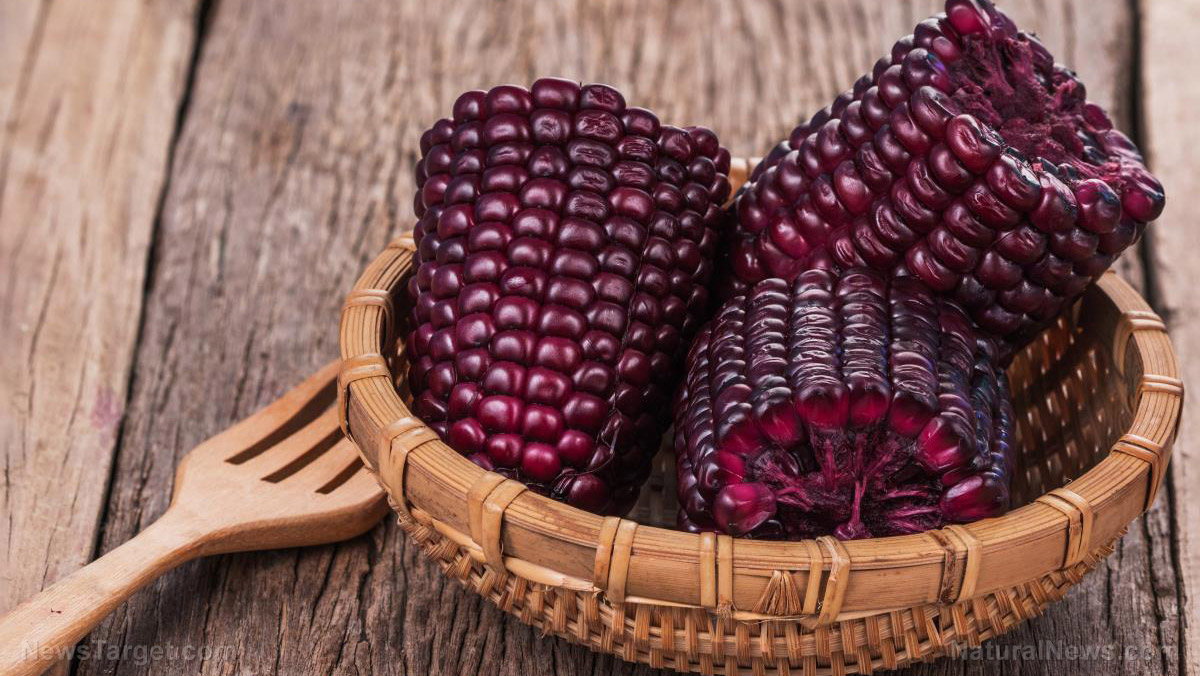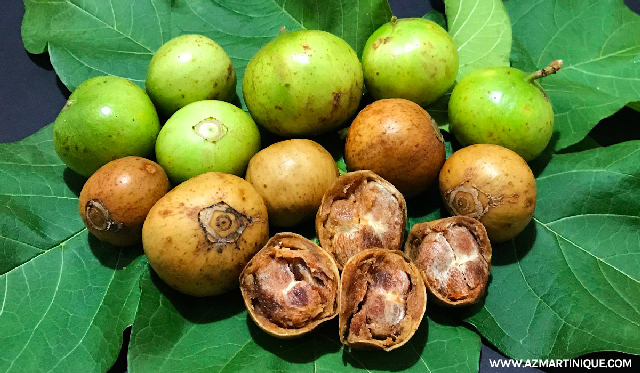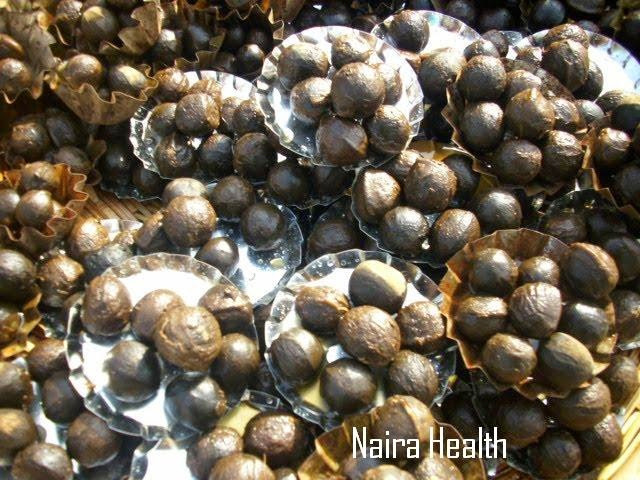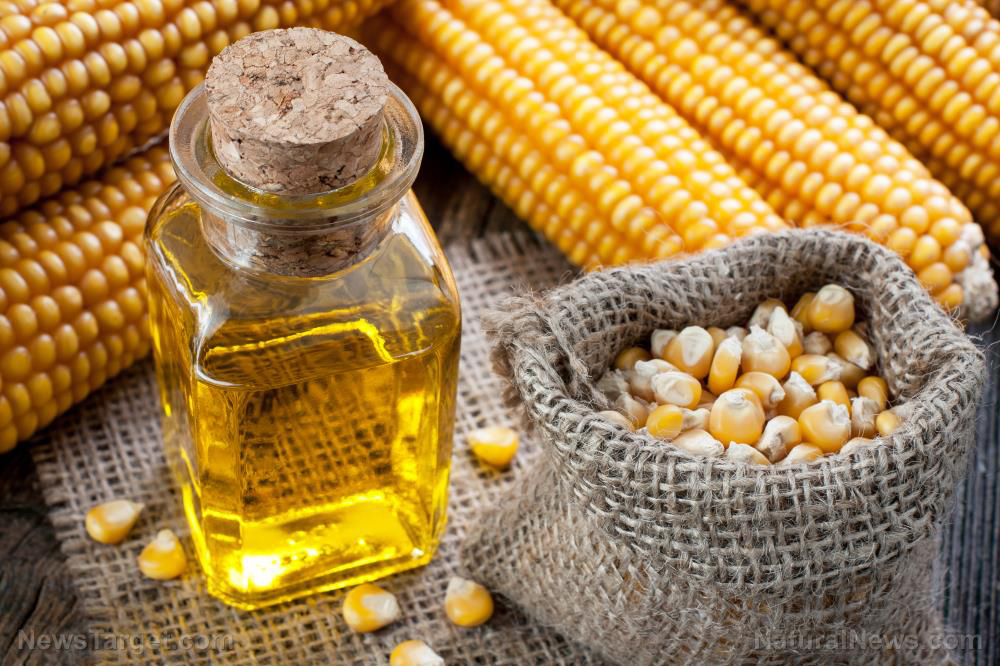Virgin coconut oil improves your lipid profile
11/04/2018 / By Ralph Flores
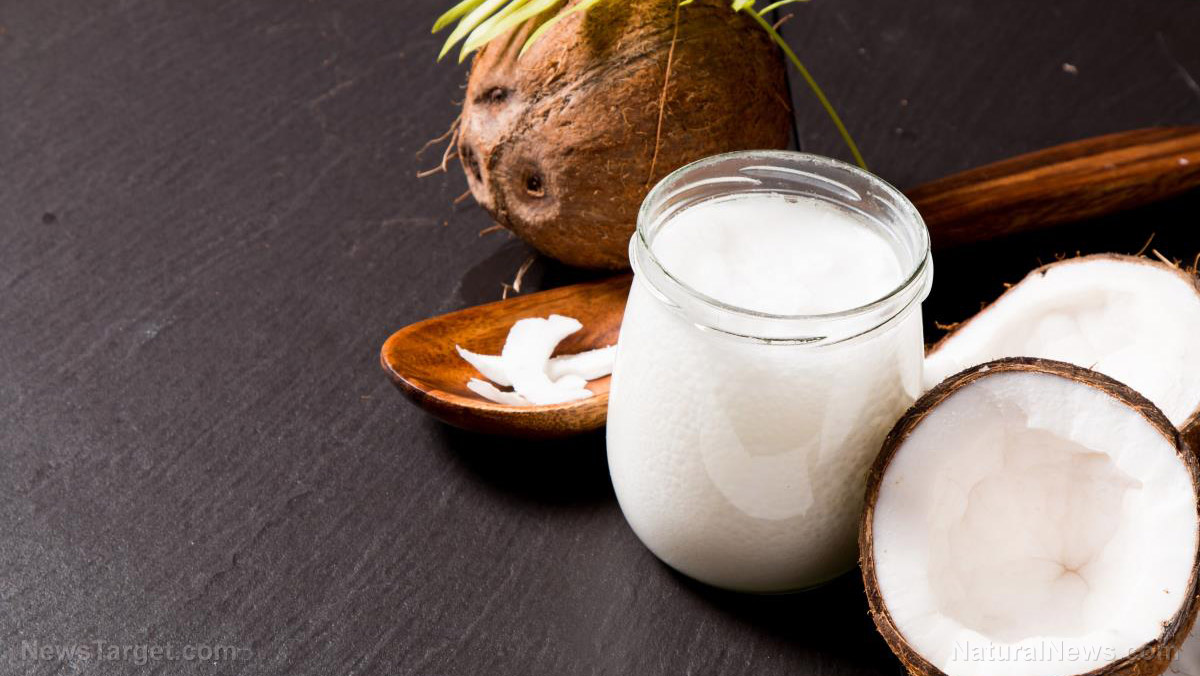
Coconut is known in some cultures as the “tree of life,” and it’s hard to argue against it. People have found a use for every part of the coconut tree, from the leaves down to its roots. It can be processed into many forms, from food and medicine to fuel, timber, and even oil. In a recent study, researchers from the Federal University in Nigeria suggest that virgin coconut oil, a type of oil derived from coconut, can improve cholesterol levels, based on animal studies. Their findings, which appeared in the Journal of Dietary Supplements, showed how adding virgin coconut oil to a diet can improve cholesterol-related biomarkers and lipid oxidation.
For the uninitiated, virgin coconut oil is derived from coconuts without using heat. To get regular coconut oil, it must be extracted from dried coconut kernels (also known as copra) through milling. Virgin coconut oil, on the other hand, is obtained from coconut milk, where the oil is separated from the water using processes such as fermentation and churning, among others. To ensure that the coconuts are not subjected to the heat of sunlight during the extraction process, the raw materials are treated with the utmost care. The meticulous process in making virgin coconut oil gives it more health benefits compared to regular coconut oil. It is also rich in antioxidants, vitamins and minerals, medium chain fatty acids, and even protein. Its antioxidant content, in particular, is higher than that of regular coconut oil, which has a negligible amount. If that’s not enough, it can be stored longer than most oils and does not easily go rancid. However, researchers pointed out that for all its benefits, there is limited scientific literature validating these advantages. (Related: Why virgin coconut oil is superior to highly refined, processed coconut oil.)
For the study, researchers used an animal model to investigate the effects of supplementing a diet with virgin coconut oil, especially how it impacts total cholesterol and antioxidant levels in the liver, overall kidney and liver function, and cardiovascular risk factors. They used healthy rats for the study and assigned them to either a control group or an experimental group treated with different doses of virgin coconut oil. The tests ran for five weeks. During this time, biomarkers for kidney and liver function, antioxidant activity, and lipid oxidation were sampled for analysis.
The findings revealed that rats supplemented with virgin coconut oil had improved biomarkers for liver and kidney function and antioxidant levels. In addition, malondialdehyde levels, which indicate the presence of cell damage from oxidation, were significantly reduced for the group. Similar trends were seen in biomarkers for total cholesterol, triglyceride, and low-density lipoprotein levels — all of which are indicators of risk for cardiovascular disease.
In addition, high-density lipoprotein, also known as the “good cholesterol,” markedly went up, as well as the number of antioxidant enzymes present in the liver, including superoxide dismutase (SOD), catalase (CAT), and glutathione peroxidase (GPx). Rats supplemented with a VCO diet had modulated levels of creatinine, sodium (Na+), potassium (K+), chloride (Cl?), alanine aminotransferase (ALT), aspartate aminotransferase (AST), and alkaline phosphatase (ALP).
“The findings suggest a beneficial effect of VCO [or virgin coconut oil] on lipid profile, renal status, hepatic antioxidant defense system, and cardiovascular risk indices in rats,” the researchers concluded in their study.
Learn more about the other benefits you can get from virgin coconut oil at Food.news.
Sources include:
Tagged Under: antioxidants, cardiovascular diseases, cholesterol, cholesterol levels, Coconut, food science, functional foods, grocery, heart health, Lipid profile, vco, virgin coconut oil

